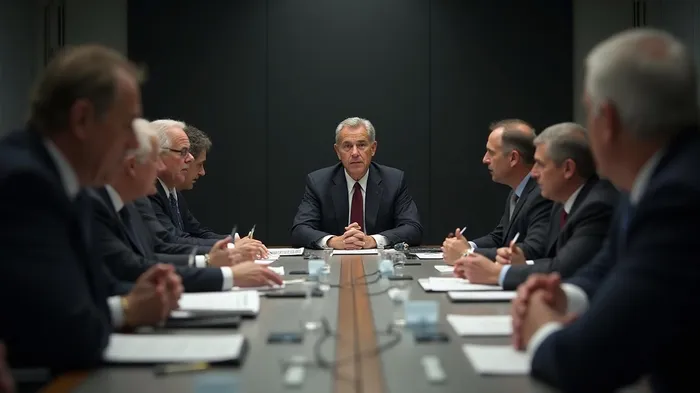U.S. Pushes IMF, World Bank Reforms Amid Trade Talks
U.S. Treasury Secretary Scott Bessent has declared that the United States is aiming to bolster its leadership position within the International Monetary Fund (IMF) and the World Bank. This initiative is part of a larger effort to strengthen the U.S.'s influence in global financial institutionsFISI--. Bessent stressed the importance of implementing reforms within these organizations to better tackle the issues faced by developing countries, with a particular focus on those affected by climate change and other critical challenges.
Bessent's statements coincide with the U.S.'s involvement in various trade negotiations, with the goal of concluding agreements with some of its major trading partners by the end of the year. The Treasury Secretary's call for a "course correction" at the IMF and World Bank highlights the administration's dedication to ensuring these institutions remain effective and pertinent amidst global economic changes.
The administration's push for reforms has faced criticism from some quarters, who argue that the proposed changes could undermine global development finance efforts, potentially impeding the ability of these institutions to support vulnerable economies. However, Bessent insists that the reforms are essential to realign the IMF and World Bank with their original missions, which include promoting economic stability and fostering sustainable development.
The Trump administration's FY2026 budget request, recently unveiled, offers a glimpse into the government's fiscal priorities. Although the document lacks specific details, it suggests a challenging outlook for U.S. economic policies, with potential cuts to various programs and initiatives. This budget proposal comes as the U.S. continues to deal with the economic repercussions of the COVID-19 pandemic and other global challenges.
Bessent's comments on the need for a "total overhaul" of the World Bank and IMF reflect a broader sentiment within the administration that these institutions require significant changes to remain effective. The Treasury Secretary's remarks underscore the U.S.'s resolve to play a leading role in shaping the future of international financial governance, even as it navigates complex trade negotiations and economic uncertainties.

Comprender rápidamente la historia y el origen de varias monedas muy conocidas
Latest Articles
Stay ahead of the market.
Get curated U.S. market news, insights and key dates delivered to your inbox.



Comments
No comments yet